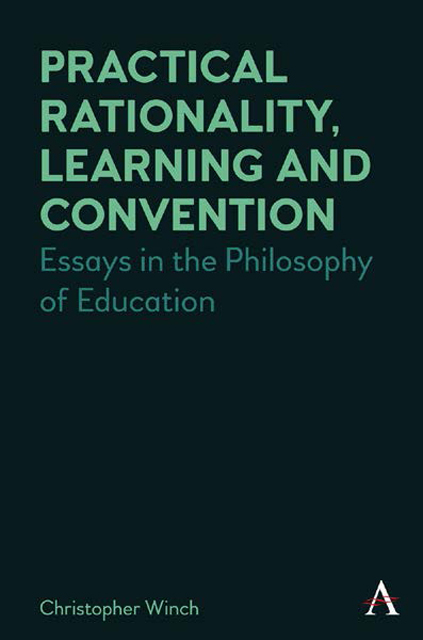Chapter Three - Do We Need Conventions?
Published online by Cambridge University Press: 09 December 2022
Summary
David Lewis's Account of Conventions
The idea that our use of language requires a justification of some kind in order to make it a use of language properly so called rather than some other, perhaps non-rational form of communication, is a common one in philosophy and occurs in the writings of Chomsky, Grice and Bennett to name but a few. The present aim is to examine the view that linguistic communication is a form of convention, a view that is found most clearly stated in the work of David Lewis (e.g. Lewis, 1969). The argument of this paper is that Lewis's account of the conventionality of language explains nothing interesting about the way we speak under normal circumstances and has interest only for very specialised and unusual situations where communication might genuinely be a problem. Lewis's account rests on a particular interpretation of the notion of convention and it is this particular account and its application to language that I shall be concerned with. There is no intention to deny that in some perfectly ordinary sense, language may in certain aspects, be conventional. When Lewis's particular sense of the term is referred to, it will be referred to as convention2 to avoid confusion. Conventions2 can be regarded as a species of conventions.
The account of language as a species of convention has two merits according to Lewis. In the first place, it captures the arbitrary character of communicating with signs. We use signal A to signify that p. We could equally well use sign B to signify that p.
Very roughly, the keynote of conventionality is a certain indifference: the syllable ‘big’ could have meant ‘small’ for all we care, and the red light could have meant ‘go’, and black ties could have been less formal than fancy ones. (Quine, 1969: xii)
In the second place, a correct account of convention will allow us to grasp the intentional character of language as well, a feature much emphasised for example by Grice (1957) and Bennett (1976).
Searle draws this moral from his example of the soldier: ‘we must capture both the intentional and the conventional aspects (of communication) and especially the relationship between them.’ I have been arguing that once we capture the conventional aspect, we are done.
- Type
- Chapter
- Information
- Practical Rationality, Learning and ConventionEssays in the Philosophy of Education, pp. 27 - 36Publisher: Anthem PressPrint publication year: 2022



